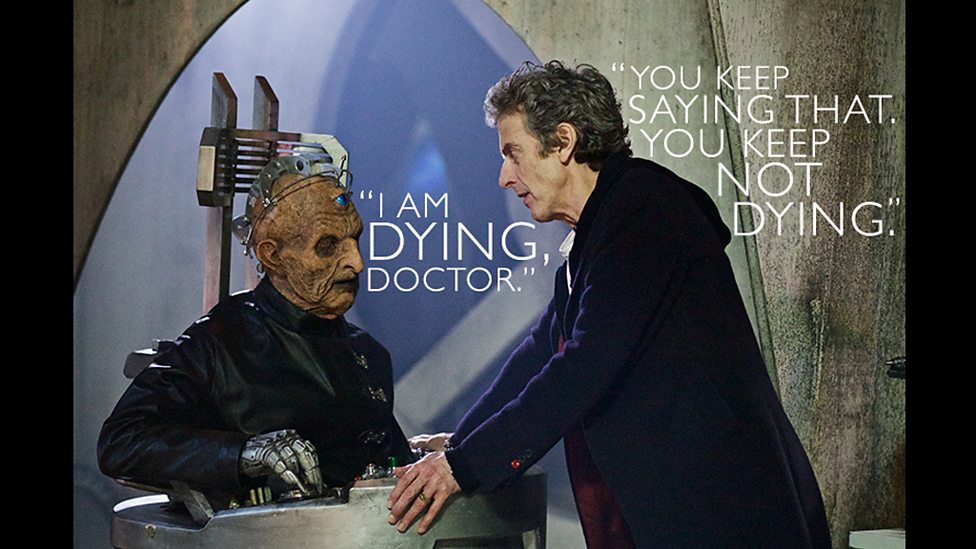Legendary SF magazine Worlds of IF has now relaunched! It published Asimov back in the day! The new issue is on FREE download, with a story from the mighty Robert Silverberg. More than that, it features a story and four new speculative poems from one A J Dalton, don’t-cha-know! Hurrah! https://worldsofifmagazine.com#scifi
science fiction
All posts tagged science fiction
Hurrah! Just had a poem titled ‘Resetting’ published in issue 4 (vol 34) of Mobius: The Journal for Social Change. The poem’s about a resurrected woolly mammoth and available to read for free here: http://mobiusmagazine.com/poetry/resettin.html.
I’m thrilled to say that Star*Line magazine (run by the Science Fiction Poetry Association – SFPA) has just published one of my jaunty speculative poems in issue 4 (vol 46), and it’s won ‘Editor’s Choice’. Hurrah! The poem’s titled ‘Digital Desire’ and can be seen for free here: https://www.sfpoetry.com/sl/edchoice/46.4-2.html. The poem’s a lonely hearts’ ad posted by a killer robot!
Just had a new poem published, titled ‘Recipe’, in Eye to the Telescope, issue 50! It’s an eco-critical and transhumanist poem, init. Read it for free here: http://www.eyetothetelescope.com/ – hurrah!

Phew. I’ve now updated our full listing. See it here: https://metaphysicalfantasy.wordpress.com/events/uk-conventions-and-festivals-scifi-fantasy-and-horror/.
I’m happy to announce that I’ve got a new book out! It’s a collection of short stories written in the sub-genre of sci-fi known as ‘cli-fi’. The tales and their themes are relevant and important, asking the reader to reflect on where we might end up as a species if we don’t start doing something about climate change.
A friend of mine who works as a Risk Manager (Matt Beeson) was the real driver behind the book, and he’s written a wizard, science-based intro. I contributed a story set in Scotland titled ‘Unicorn Rising’, and edited half the collection. Do consider supporting our little project by buying a copy? You can find it on Amazon, of course.

Phew, so I’ve just updated the listing of conventions, and it looks like a busy old year coming up, apparently unfazed and fearless of the all-powerful Omichron (which is a Doctor Who monster, right?). Anyway, here’s what’s coming up: https://metaphysicalfantasy.wordpress.com/events/uk-conventions-and-festivals-scifi-fantasy-and-horror/!

Well, despite the global pandemic/zombie apocalypse, the convention circuit has risen from its grave, from the ashes, whatever metaphor you’d like. I’ve now fully updated this website’s listings, all the way through to late 2022! Check it our here: UK conventions and festivals: scifi, fantasy, horror and comicbooks | Metaphysical Fantasy (wordpress.com)
Sammy HK Smith is the author of the new smash-hit novel Anna. I blackmailed her into giving us this exclusive interview. It’s full of insight and secrets on how to become aninternational fantasy author – or your money back. Enjoy!
1. Sammy, your new book is pretty hefty. How much does size matter in fantasy, do you think?
So ANNA comes in around 100k, so not too hefty in size, but certainly hefty on subject matter. I’ve covered sexual abuse, PTSD, coercive behaviour, narcissism, murder, all in a pretty cover with a pretty name! Looks can definitely be deceiving…
With the actual word count of fantasy, no, I don’t think size does matter. If your story is told and it evokes the emotions/response you want – it’s done. I LOVE long over-arching storylines and worlds that go on and on, but equally those standalone novels and short stories are just as satisfying.
2. Of all your books and short stories, do you have a favourite… or do you love all your children equally?
Hmmm, I think I can comfortably say I love them in different ways! In Search of Gods and Heroes (ISOGAH) was my very first novel and so, as if the way with the eldest, it holds a special place in my heart. ANNA was my second and so vastly different that it’s impossible to say whether I love one more than the other! Technically, I would say ANNA is more focussed as it’s entirely one POV, whereas ISOGAH is told from 8 interweaving viewpoints…
3. Readers always ask authors where they get their ideas or inspiration. Do you have a muse? What’s your secret?
No real muse (God, I’m boring!) but I draw influence from everything around me: real-life work, politics, history, TV, literature, you name it! I love to think ‘what if…’ and mash ideas together.
With In Search of Gods and Heroes I thought ‘What if the goddess of Love was a masochist?’ and started to develop the character that way.
With ANNA, I initially wanted to write a light-hearted dystopia with revenge and romance… but it became something much darker and as I work investigating domestic and sexual abuse I started to realise that I could write something different. I drew on my experiences at work and the story unfolded from there.
4. Who’s your favourite fantasy author now deceased? Why them?
I think I’ll bypass some of the more famous authors and go for Sara Douglass. The Axis Trilogy was released during my teen years, and I think it was around 2000 I picked up the series and fell back in love with fantasy. It’s ‘old school’ in plot and pace, but it’s nostalgic and I love it.
5. Who’s your favourite living fantasy author and why (apart from Tom Lloyd or A J Dalton)?
Hmm, tough one. I have two favourites. Jacqueline Carey and Ian Irvine.
Jacqueline’s use of language is just beautiful and poetic, and her world-building is second to none, whereas I love how Ian can merge science fiction and fantasy seamlessly. They’re both ‘epic’ fantasy writers, though.
6. What’s the best thing about being an author?
Creating new worlds and characters that feel alive. It gives me a mini god complex! Oh the power!!! *evil laugh*
7. And the worst?
The crippling self-doubt, the knock-backs and rejections. It’s tough out there, especially for newish authors like me. I’ve been exceptionally lucky so far in that Rebellion publishing took my novel direct from me as I’m unagented.
8. What are you currently working on that you can tell us about without then having to kill us?
I’ve had loads of projects in various stages of development for years. Having kids stalled all of them! However I’m slowly flexing my writing muscles again and working on a standalone novel in the same world as ANNA but this time we focus on someone who is outwardly strong but inside they’re falling apart. We have drugs, slavery, murder, bit of romance, disabilities and a world of grief.
9. If people want to find out more about you, what sites do you maintain and what’s your handle on Twitter?
So I’m a technological luddite, so my sister has created a cool site for me at www.sammyhksmith.com but I’m on all the usual social media platforms for the @Sammyhksmith handle.
10. What question have I not asked you that I should have done? And what’s the answer?
Why should we read ANNA?
ANNA is unique. I don’t say that out of ego. It really is. I couldn’t find a book to compare it to that covers PTSD and sexual abuse so closely in the fantasy arena. There are some outstanding novels that cover childhood sexual abuse in a fantasy setting, but not many that delve into domestic abuse and the trauma that Anna goes through.
It’s hard-hitting. It’s not an easy read. I make no apologies for that. Rape isn’t easy for a survivor and I want people to think about how Anna behaves and the path she takes. It really is proving to be a Marmite love/hate novel and I find it interesting how it sparks of such strong feelings one way or another.
If you’re looking for something revenge-driven, Rambo style shootings and loud displays of vengeance, then this probably isn’t for you.
If you want something that makes you think, and draws out emotions, then give it a try.

Following the derivative self-indulgence of episode 1 of season 3 (which should have been entitled ‘The Michael Burnham Show’), it was a real relief to watch an episode that was actually an ensemble piece involving the wider crew of the Discovery. And it’s a proper old-school away-mission sort of episode! (Alright, it does steal its Wild West aesthetic from Firefly, but we can allow that, eh?) The Discovery crash lands on a mining colony and is in a race against time to make repairs before the ‘parasitic ice’ of the place can overrun the ship and snap it in two! Saru and Tilly head out to make contact with the locals, to see if they can scrounge some vital components… arriving in a Wild West sort of cantina to find that the locals really aren’t too friendly, and don’t really ‘believe’ in the Federation. Then, the system’s bad boy (Zareh) turns up, played ably by Jake Weber, no less. He’s looking to cannibalise the Discovery, especially once he learns there’s dilithium on board! Cue laser action and Georgiou finally earning her spurs! At last Michelle Yo is allowed to draw on some of her martial prowess (because, let’s face it, character-acting really isn’t her main strength)! I’m gonna stop there, so that I avoid any major spoilers. Suffice it to say, this episode restored my faith somewhat. Hurrah! (The only ‘lame’ plotting really was the stuff with Stamets in a Jefferies tube… but let’s chalk it up to homage and let them off on that.) I’d score the episode a solid 7.5 out of 10. Boldly go, Discovery!


















